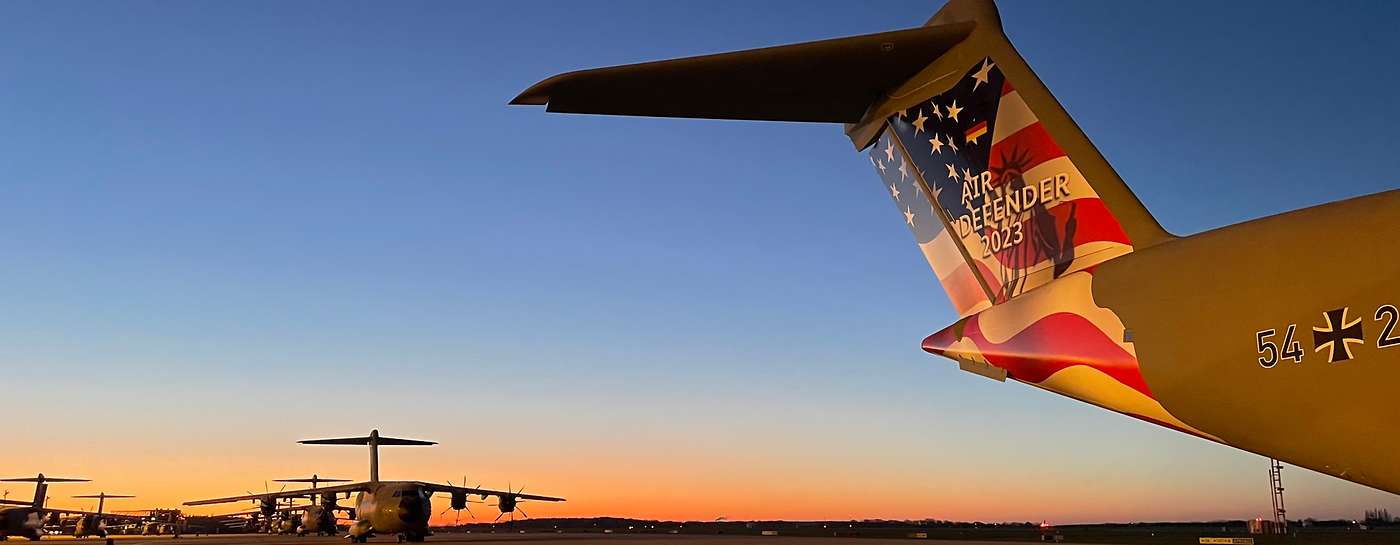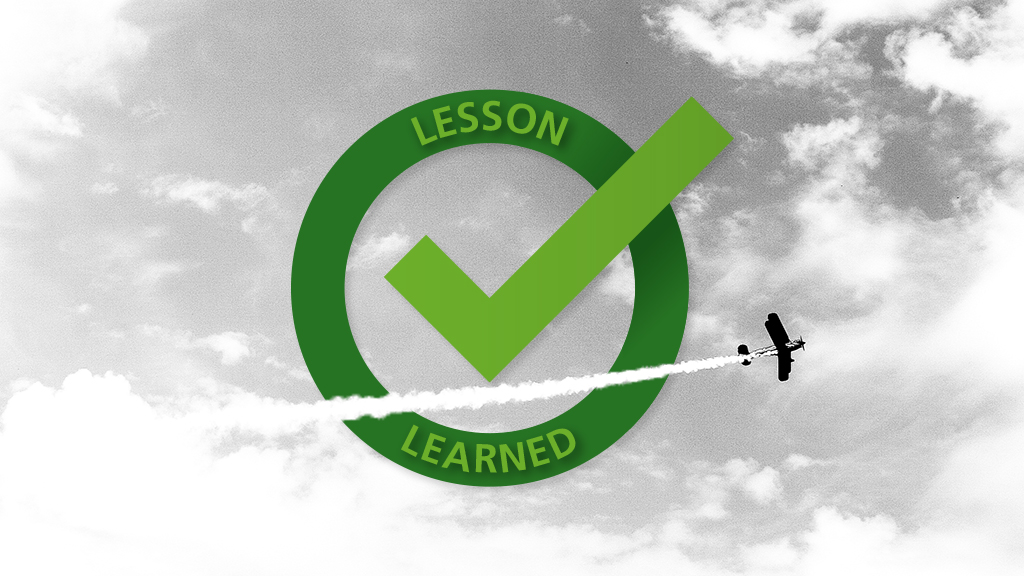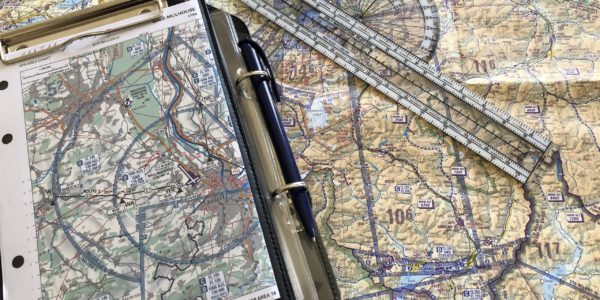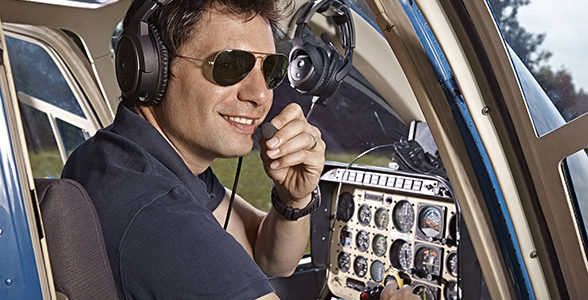Hay fever: caution when flying with or without medication

Pollen grains are flying again and many people are suffering, including pilots. The result is itchy or watery eyes and violent sneezing attacks. Hundreds of thousands of people are allergic to pollen and suffer from hay fever. And it’s not just annoying. Symptoms such as sneezing, a runny nose, burning eyes and fatigue can be distracting and severely impair pilots’ concentration.
Medication yes, but with great caution
Of course, this does not mean that hay fever sufferers are not allowed to fly. Hay fever can be treated with medication if necessary. But caution is advised! Unlike in the past, most current preparations should no longer cause drowsiness or impair concentration. However, these medications can have side effects that can negatively affect our ability to fly. Therefore, it is important to read the package inserts. Serious side effects are usually addressed to drivers. These also apply to pilots.
Test first, consult a specialist and only then fly
When purchasing over-the-counter hay fever medication at a pharmacy, it is also important to point out that it must not impair your ability to fly. The same applies here: first test the medication on the ground and only climb into the cockpit if everything is fine.
If in doubt, contact your (aviation) doctor – they know best which substances are most suitable for pilots and how to proceed. They can also inform you about alternatives, such as cortisone nasal sprays or special eye drops, both of which are only available on prescription.
Key takeaways:
- Check the pollen report before your flight
- Don’t take off without checking your antihistamines on the ground
- When in doubt, stay on the ground and wait for better weather (after the rain)
Jetzt registrieren!
Um alle Funktionen zu nutzen, erstellen Sie einfach ein neues Konto. Dann können Sie Artikel für später vormerken, Themen abonnieren und regelmäßige Aktualisierungen für Ihre Themen per E-Mail erhalten.






